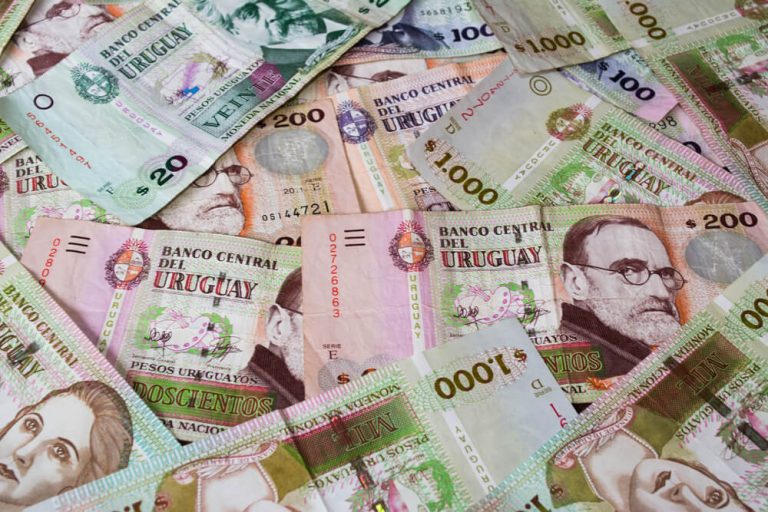
Os idosos no Brasil têm direito a uma série de benefícios e serviços, incluindo pensão, assistência médica e previdência social.
Os benefícios de saúde estão disponíveis para todos os cidadãos, independentemente da idade. Todos os brasileiros são obrigados a ter um plano de saúde, que pode ser fornecido pelo governo ou por empresas privadas.
Cidadãos idosos também podem receber descontos em medicamentos e serviços médicos. Os benefícios da previdência social estão disponíveis para pessoas com 65 anos ou mais, bem como para pessoas com deficiência de qualquer idade.
Esses benefícios podem ajudar com os custos de moradia, alimentação, transporte e outras necessidades básicas.
O governo brasileiro implementou uma série de benefícios e programas para ajudar a melhorar a vida.
Um desses programas é o Bolsa Família, que fornece assistência financeira para famílias de baixa renda.
Este programa inclui uma bolsa mensal para cada membro da família, bem como apoio adicional para cuidados de saúde e educação.
Outro benefício disponível no Brasil é o Cartão do Idoso de São Paulo. Este cartão oferece descontos em transporte público, prescrições e uma variedade de outros produtos e serviços.
Os titulares do cartão também têm acesso a eventos e atividades especiais organizados pela prefeitura.
A população idosa no Brasil está crescendo rapidamente e, com isso, os desafios que enfrentam também estão aumentando.
Muitos idosos vivem na pobreza e não têm acesso às necessidades básicas, como saúde e alimentação.
Além disso, a violência é um problema no Brasil, com quase 1 em cada 10 adultos com mais de 60 anos relatando ter sido vítima de abuso físico, sexual ou psicológico no último ano.
O primeiro passo é entender o problema. A população idosa no Brasil está crescendo a um ritmo alarmante.
Em 2010, havia aproximadamente 13 milhões de pessoas com mais de 60 anos. Espera-se que esse número mais do que dobre até 2050.
Com esse rápido crescimento, o governo brasileiro reconheceu a necessidade de fornecer cuidados adequados para o envelhecimento da população.
O governo implementou uma série de programas e iniciativas para ajudar o Brasil.
Um desses programas é o Bolsa Família, que fornece assistência financeira para famílias de baixa renda.
Este programa ajudou muitos idosos a se manterem à tona financeiramente, pois muitas vezes não conseguem trabalhar devido à idade ou a problemas de saúde.
O governo também implementou políticas para facilitar o acesso dos idosos a serviços e benefícios sociais, como cuidados de saúde e pensões de aposentadoria.
Além dos programas governamentais, há várias ONGs e organizações privadas que trabalham com idosos no Brasil.
Essas organizações oferecem uma variedade de serviços, desde companhia e cuidados temporários até refeições quentes e assistência no transporte.
Esses grupos dependem muito de voluntários, locais e estrangeiros, para realizar seu importante trabalho.
Se você está interessado em ajudar a população idosa no Brasil, há muitas maneiras…
O governo brasileiro tem um sistema de seguridade social que cobre todos os seus cidadãos, incluindo os idosos.
Este sistema oferece pensões de aposentadoria e seguro saúde para idosos. O governo também oferece vários programas e serviços específicos, como descontos no transporte público e acesso a centros de idosos.
Além disso, muitas famílias ainda mantêm laços fortes com seus parentes idosos e lhes fornecem apoio financeiro e emocional.
O governo brasileiro tem vários programas em vigor para ajudar os idosos. Por exemplo, existe o programa Bolsa Família, que fornece assistência financeira para famílias de baixa renda.
Há também o Programa de Apoio, que oferece apoio a idosos que vivem na pobreza. Além disso, o governo oferece descontos no transporte público para idosos e estudantes.
O governo brasileiro tem um programa especial para idosos chamado Bolsa Família. Sob esse programa, os idosos elegíveis recebem uma bolsa mensal dependendo da renda familiar.
Esse dinheiro pode ser usado para ajudar a pagar as necessidades básicas, como alimentação, moradia e saúde.
Além disso, o Bolsa Família oferece acesso gratuito a serviços públicos, como educação e transporte.
Did you like this content? If so, share it with your friends and on your social networks. Receive exclusive content every day by subscribing here at Google News 100% for free and also here in our Finance Planning Blog. Thank you!